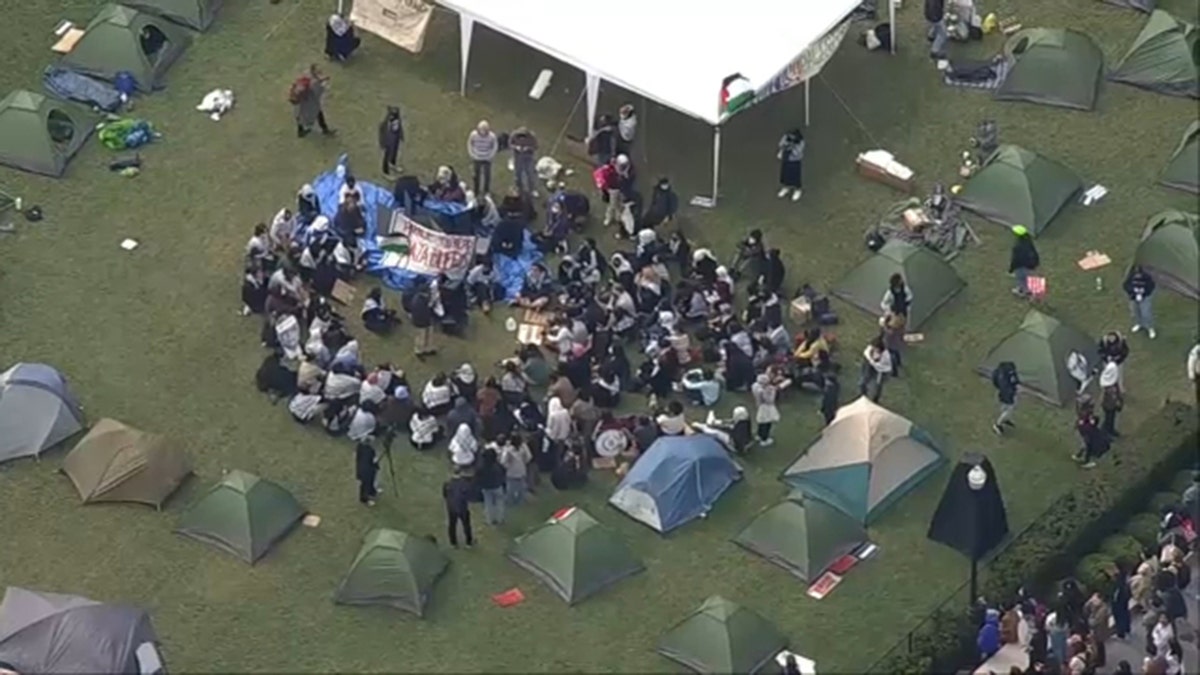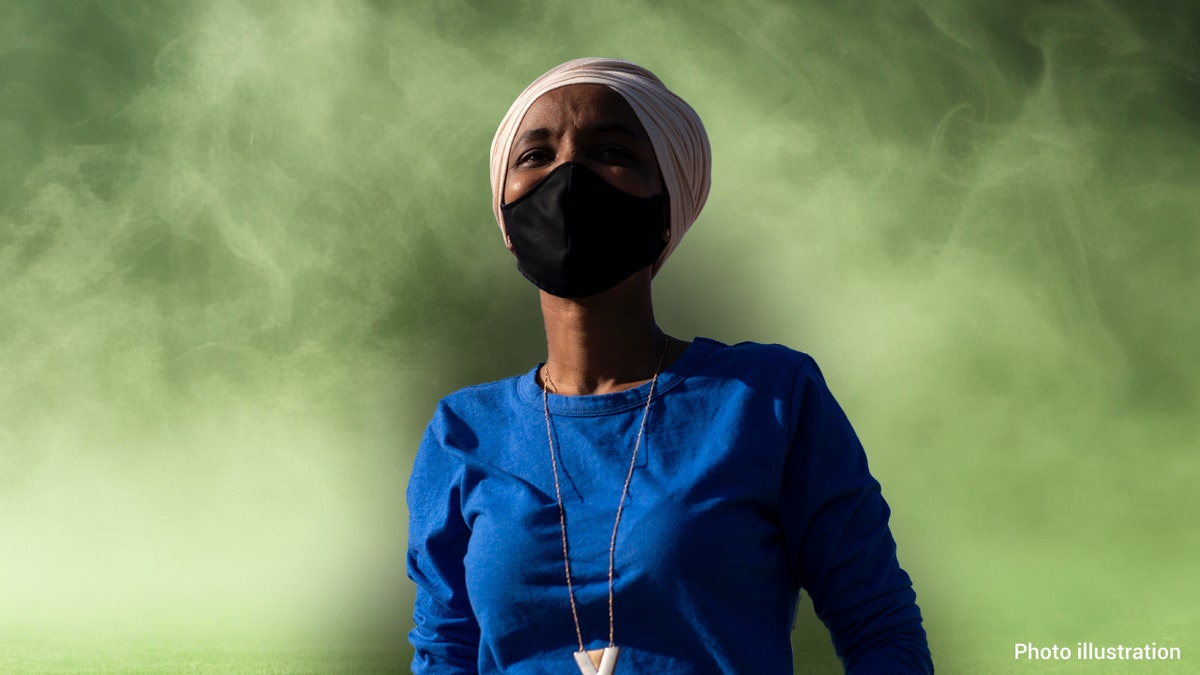
Title: Protests at Columbia University: A Clash of Perspectives
Columbia University, located in New York City, has been the site of intense protests in recent days. The unrest began following a hearing in Congress where university president Nemat Shafik testified about antisemitic rhetoric on campus.
On April 18, 2024, at least 108 students were taken into custody by the police during a pro-Palestinian protest on Columbia University's campus. The demonstrators had erected a tent encampment and refused to dismantle it despite university leaders' calls for action.
Columbia University President Nemat Shafik faced criticism from Congress over her handling of the situation, leading to her pledge to crack down on unauthorized student protests. However, this decision sparked further outrage among students who saw it as an infringement on their right to free speech.
The protests continued despite the arrests and dismantling of the encampment. Some protesters were seen waving flags and chanting slogans in support of Palestine, while others criticized Israel's actions in Gaza.
Meanwhile, Rep. Ilhan Omar questioned Columbia University's president about an incident involving anti-Israel activists protesting and the use of a non-toxic flatulence spray. The university president clarified that no students were hospitalized as a result of the incident and reached out to all affected students who wanted support.
The ongoing protests at Columbia University have highlighted tensions between pro-Palestinian and pro-Israeli student groups, as well as broader debates about free speech and campus safety. The situation remains fluid, with both sides expressing strong convictions and demonstrating their commitment to their respective causes.








